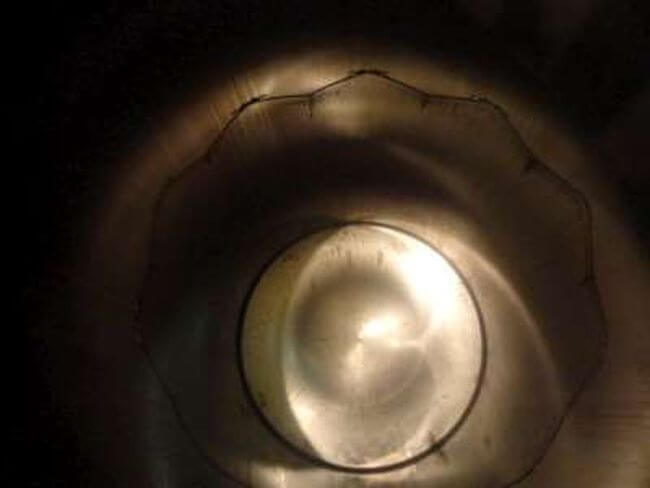Understanding Hot And Cold Corrosion In Marine Engines (Part III)
Thursday, 26/05/2022, 09:59 GMT+7
COLD CORROSION
Sulphur is another element which is a naturally found in crude oil. Its level is indicated by the content of sulphur found in the residual fuel stream obtained during the process of crude oil refining.
The current sulphur content in the fuel varies from 0.1% to 3.5 % under MARPOL Annex VI. The new global cap of 0.50% m/m will apply on and after 1 January 2020 or 1 January 2025, depending on the outcome of MEPC review.
Sulphur in the fuel acts as a natural EP (Extreme Pressure) additive, providing inherent lubricity in the fuel passing through the injectors and pumps.
With plenty of oxygen available in the combustion chamber, the Sulphur is converted to SO2 and it further combines with oxygen to form SO3 Sulphur trioxide.
When SO3 comes in contact with water or water vapour present in the scavenge air, it will react and form H2SO4.
If the engine is running inefficiently at low RPM, the liner temperature is on the lower side and below the dew point of sulphuric acid and water (120-160 deg C). Corrosive mixtures will condense on the linear walls causing cold corrosion of cylinder liner.

In low sulphur fuels, late or slow combustion will increase the thermal load on cylinder components, leading to overheating, lubrication problems and cold corrosion.
Your Comments
Other news
Bản tóm tắt nhanh về kết quả kiểm chứng đầy ấn tượng của sản phẩm Mobil Delvac 1™ ESP 5W-40 trên động cơ tàu thủy hạng nặng Cummins KTA38 sau một thập ...
For profit, companies are doing everything possible to cut fuel costs to the minimum using techniques such as slow steaming with low-grade fuels. However, the fuel oils that are used to run the ...
For profit, companies are doing everything possible to cut fuel costs to the minimum using techniques such as slow steaming with low-grade fuels. However, the fuel oils that are used to run the ...
For profit, companies are doing everything possible to cut fuel costs to the minimum using techniques such as slow steaming with low-grade fuels. However, the fuel oils that are used to run the ...
Analysis on the dual fuel engines of the liquefied natural gas (LNG) tankers Spirit of Hela and Gigira Laitebo proved the viability of using a single lubricant, Mobilgard™ M430 engine oil, to ...







__gearbox_2_cde1648091.png)
__engine.jpg)
__Image_5-20-01.jpg)
